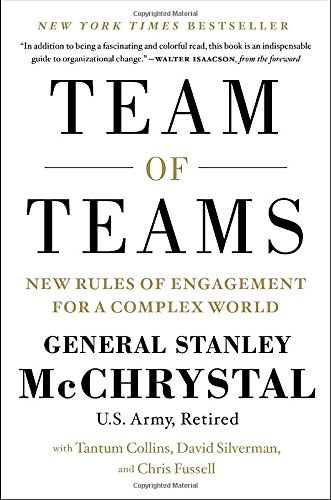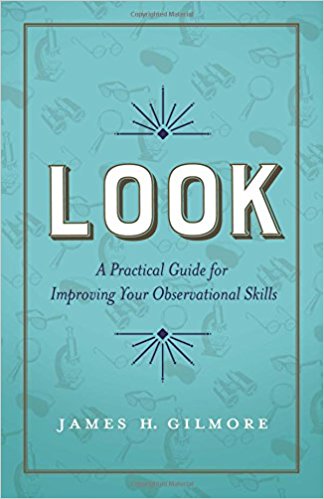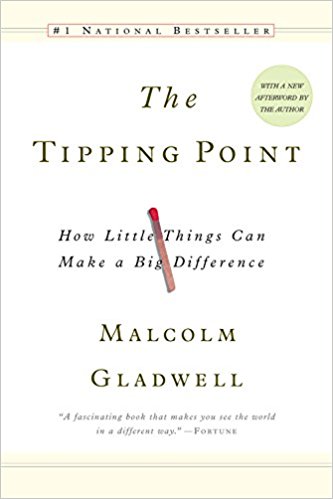If you are planning a party or weekend getaway, surprises can be fun and exciting. In business and leadership, they are most often stressful and detrimental. Today, Jim and Jan discuss surprises in several different contexts, and how good leaders can encourage proactive communication. They also talk about the type of environment leaders should create to safeguard against misinterpretation and log jams.
Key Takeaways
[3:14] Saying you don’t like or want surprises can have unwanted outcomes. First, people interpret it to mean they shouldn’t take risks. Second, it can unintentionally create log jams of over communication.
[4:35] Replace “FYI” emails with proactive communication.
[6:15] Good leaders foster an environment where it’s okay to talk about bad news, and where the messenger is valued.
[7:33] It is up to the leader to lay out the outline of behavior they want from their management team. A few ground rules that can help people get ahead of a potential surprise are to plan for:
- How you would like someone to handle a situation when things appear to be going sideways.
- What the context is of the situation, who the affected parties are, and the implications.
- Gather facts.
- Present the rational response, and communicate the course of action.
[18:51] Pressure test your assumptions. Ask questions, check, and inspect. Hiring is one example where we must dig in and question our bias.
How to Contact Jim & Jan
Quotes
- “When you tell people you hate surprises, you are fundamentally altering the culture of your organization by default, not design.”
- “Be careful what you ask for, because it’s likely to get misinterpreted.”
- “Bad news is not like fine wine.”
- “You can expect what you inspect.”
Our Sponsors:
Additional References:
- EP101: General Stanley McChrystal on What Connects Us
- EP19: If You are Not Making Mistakes, You are Not Pulling Hard Enough

These are the books mentioned in Jim and Jan’s podcasts.






















































Recent Comments